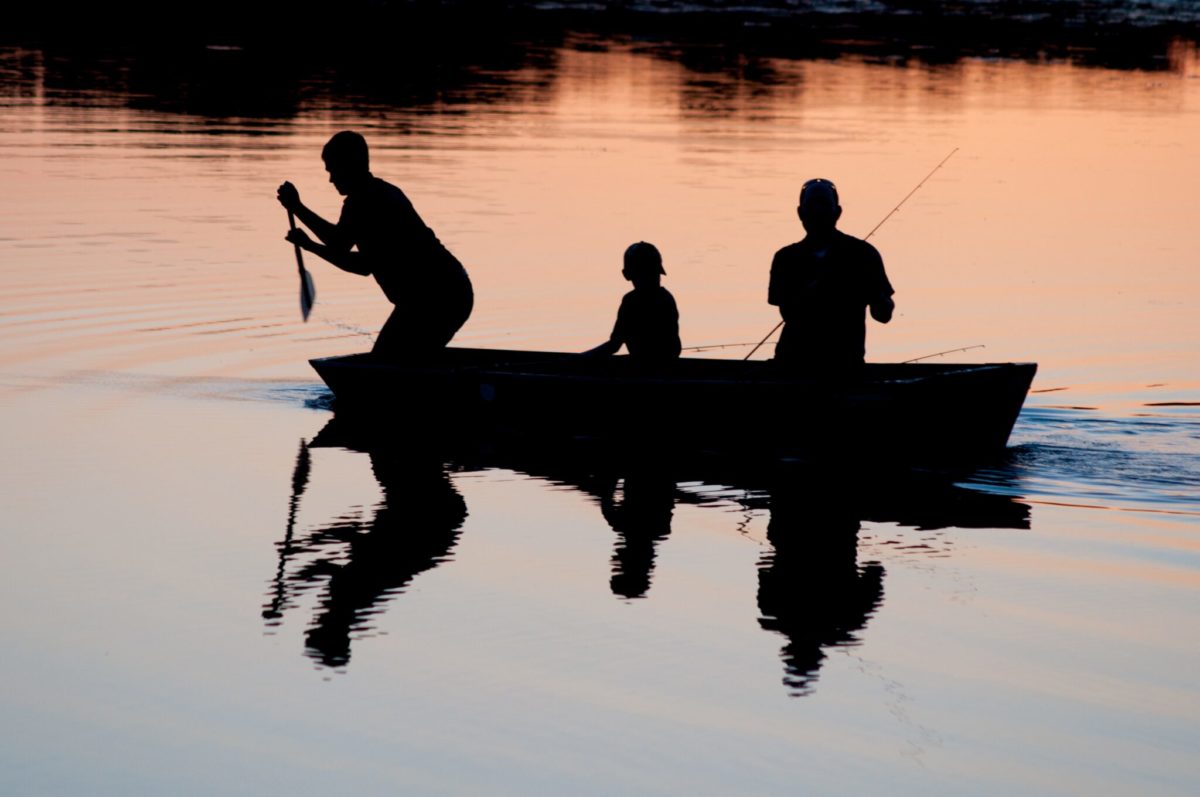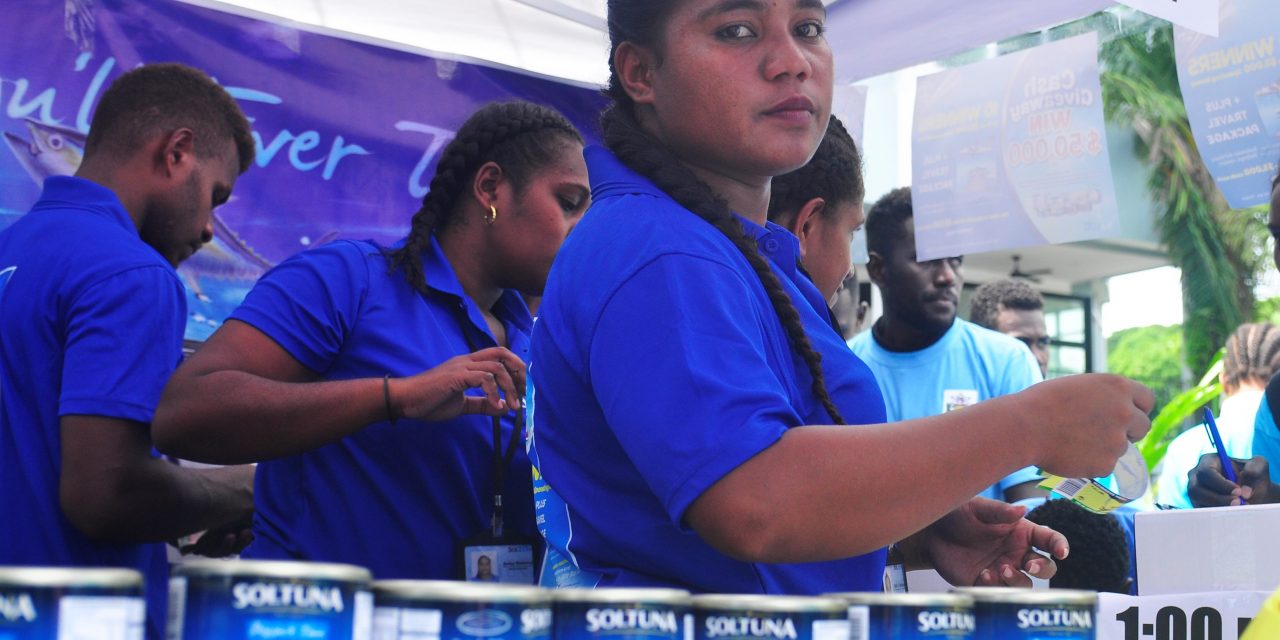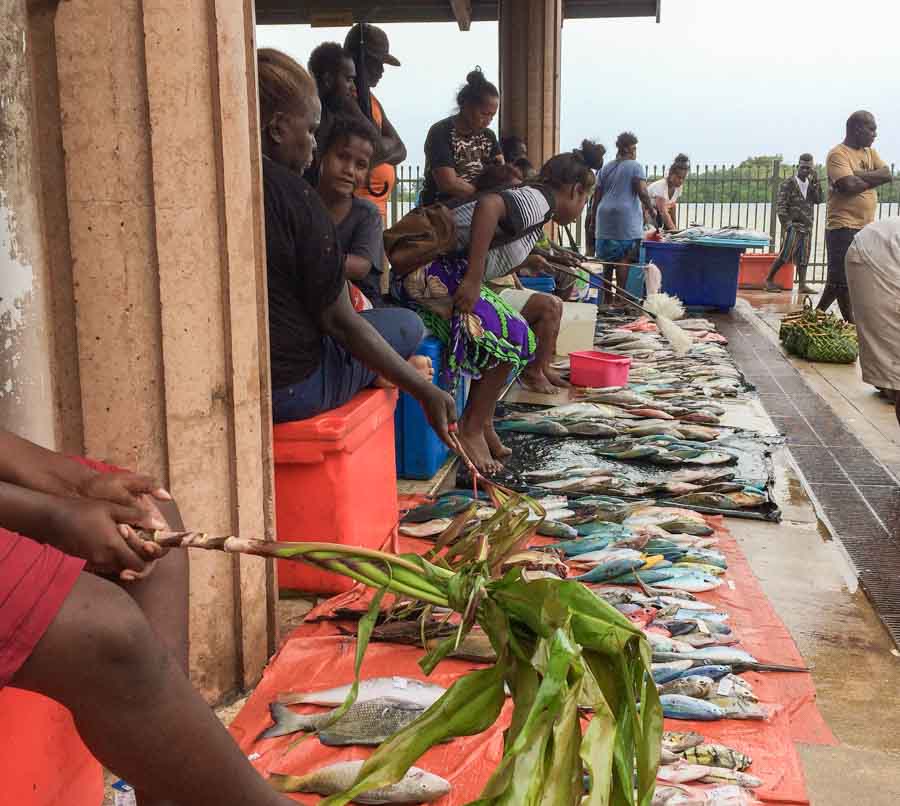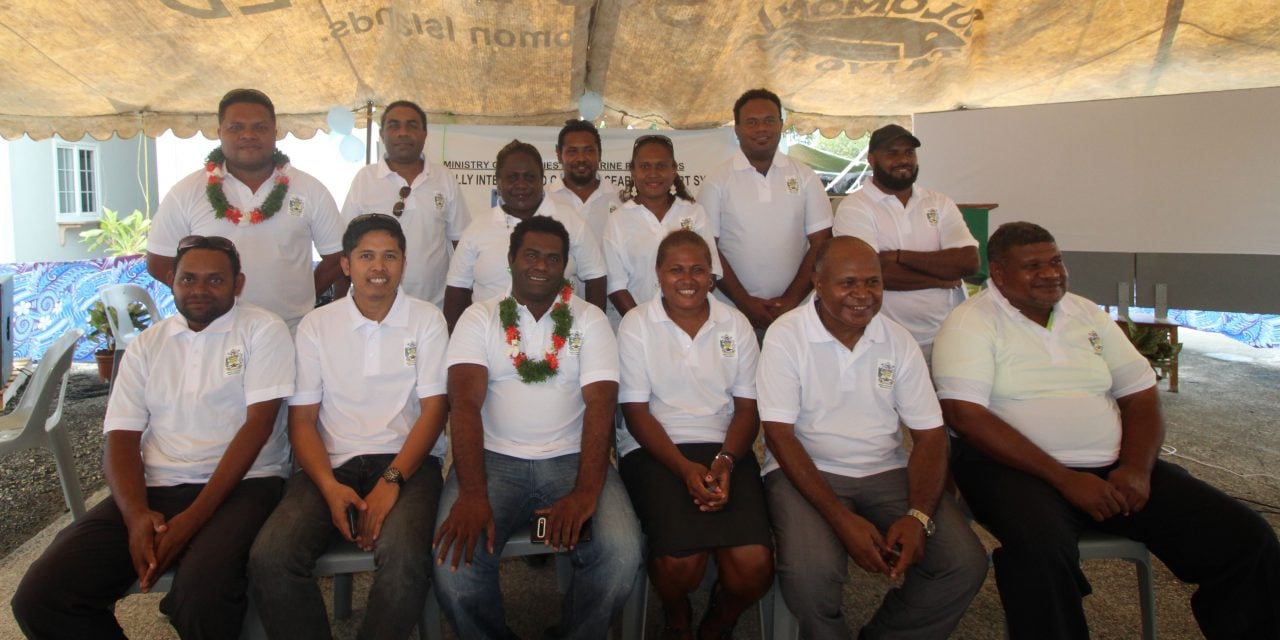Destructive fishing methods and the effects of climate change could permanently damage the environment in Solomon Islands, and laws against it need to be supported with education and awareness: George Maelagi
The overharvesting of marine resources is posing a great threat to communities in the Solomon Islands today and, in recent decades, resultant shortages of fish have rapidly changed methods of fishing in the country’s waters. In particular, the prevalence of fish poisoning and occasional blast fishing – often with dynamite – is now seriously affecting fish stocks and the marine ecosystem as a whole.
These techniques, if they continue to be used, could be fatal to the marine ecosystem. Blast fishing destroys the coral reefs that support fish and can wipe out the marine life in an instant, and fish poisoning causes similar damage. These effects are long-term too, as no natural recovery of a reef is possible when it is exposed to constant disturbance, affecting the marine environment – and therefore fish stocks – for future generations.
Evidence of destructive fishing in recent years has been seen in Langa Langa Lagoon on Malaita and in the Florida Islands. Blast fishing in particular is very destructive because it is a highly effective method for harvesting reef fish and it damages the coral reef habitat.
These methods are illegal in the Solomon Islands, but enforcement is difficult, due to the large area where fishing takes place and lack of resources.
How can this be prevented? Most importantly, villagers need awareness about all indiscriminate fishing methods and overharvesting, so that they do not engage in such illegal practices themselves. The government could also help expand current programs that protect aquaculture into the area, and across the country, as soon as possible.
A need to enforce control measures could help make fishing in the islands sustainable, but for this to work, villagers also need to be educated and mindful of what methods they use, what their catch sizes are, and how they are affecting fish spawning sizes.
The government could also identify some of the species that have been declining in population around their reefs and build awareness of this to protect those species.
All these challenges are being exacerbated by the effects of climate change. Climate change is affecting the environment drastically in the country, with coral reefs at threat from high wave and wind events, which are becoming more common.
Rising tides, especially in coastal areas around the central islands, will cause problems and changing current systems are likely to seriously affect fish spawning patterns in the region.
This is not just an environmental issue either, but an economic one. In the Solomon Islands, wet seasons last from November to April, and in the dry season, from May to October, crops cannot thrive.
This means ordinary people are relying daily on fishing for their income and food needs. In 2010, a study showed that 77 per cent of people in the Solomon Islands consume fresh fish daily to meet their nutrition needs.
Now, they are facing a negative spiral. The effects of blast fishing have reduced fish stocks around the islands, but demand for fish is still very high, raising prices. This means people are even more incentivised to go out to the coral reefs every day to harvest whatever they can, however they can, without considering the effects on the marine ecosystem.
While the government has been trying to prevent blast fishing and even made high profile arrests for the practice in 2018, they need to address these underlying incentives to prevent the issue, as it has been an ongoing problem.
Ultimately, if they hope to enforce the Fisheries Management Act and curb this unsustainable activity, fisheries and the Royal Solomon Islands Police Force must work closely together to ensure that marine resources are harvested in a sustainable manner.
The cooperation of the people is much needed for this, as is their education on the issue and action on the climate crisis. While issues of blast fishing have been affecting fish stocks in the Solomon Islands for some time, if the government listens to the calls of the community, the marine environment can still be protected for future generations to enjoy.
This story was produced by George Maelagi, published at Policy Forum on 2 August 2021, reposted via PACNEWS.




